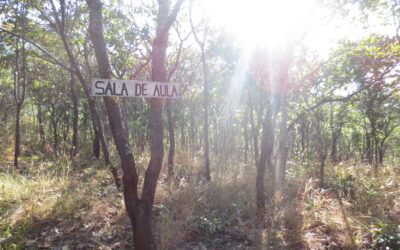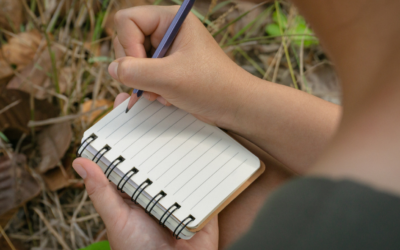Mobile data is transforming the way we conduct research, enhancing the ‘traditional’ data collection methods with dramatic results. From increasing accessibility to improved accuracy, mobile technology is increasing the ability of conservation biologists and biodiversity researchers to discover analyse and share collected information.
How to get started with mobile-based data collection tools, such as the Open Data Kit, was the subject of a one day workshop hosted by the Tropical Biology Association Alumni of Kenya (TBAAK) in October 2015 at the National Museums of Kenya. The event provided training for 31 participants from Universities, research institutions and conservation NGOs, and a forum to discuss the possibilities and applicability of mobile technology to their work.
According to Frank Odida, the Open Data Kit lead trainer (based at the University of Nairobi), mobile phones and devices are the most highly adopted technology in the world. Referencing Kenya, Frank noted that technology is at the heart of the new digital system, driving innovation and supporting numerous development efforts. However, mobile data is currently underused within the biodiversity research and conservation communities. This is largely attributed to misconceptions on its affordability, use and access.
The workshop provided an opportunity for participants to discuss how to collect good quality data. Advantages of mobile devices include: easier and faster data collection instant visualisation of data, including maps and photos; and lower costs compared to traditional paper surveys, as the costs associated with printing, double entry and data cleaning are reduced.
The ability to conduct data collection using mobile devices brings an exciting opportunity for researchers. With the additional insights gained through mobile, TBAAK members are now more equipped than ever to make a meaningful contribution to conservation science.
Lagat Dailash, a research student from the University of Nairobi said: “I have learnt new skills in collecting in-the moment data, analyse it in real-time and act on it, all by use of my mobile phone. This will make my field work much easier, faster and also improve the quality of my data.”
For Irene Madindou, a researcher from the National Museums of Kenya, the workshop has expanded research opportunities and built her confidence. “I was not aware of the presence of readily available and easy to use mobile applications for data collection and transformation. I now feel confident in gaining control over my research data.”


